Don’t Look Up uses talented actors and the world's biggest distribution channel (Netflix) to promote a deadly analogy between fossil fuels and an Earth-destroying comet.
In fact, the movie's goal of rapidly eliminating fossil fuels is "the comet."
- Don't Look Up is an allegory about fossil fuels. Fossil fuels are represented by an Earth-destroying comet.
Politicians, media, and corporations refuse to "look up," acknowledge the comet, and take simple steps to stop it. The lesson: "look up" and stop using fossil fuels, already.
-
Equating fossil fuels and "the comet" is backward for 3 reasons:
1. Fossil fuels' CO2 emissions are not a "planet-killing" threat.
2. Fossil fuels actually make the planet, including climate, livable.
3. Stopping fossil fuels ("the comet") would make the Earth unlivable for billions. -
1: Fossil fuels' CO2 emissions are not a "planet-killing" threat.\
Fossil fuels' CO2 emissions have a warming impact, but that impact is mostly in cold places and diminishes as CO2 levels increase. Life on Earth thrived when CO2 levels were at least 5X higher than today's.1
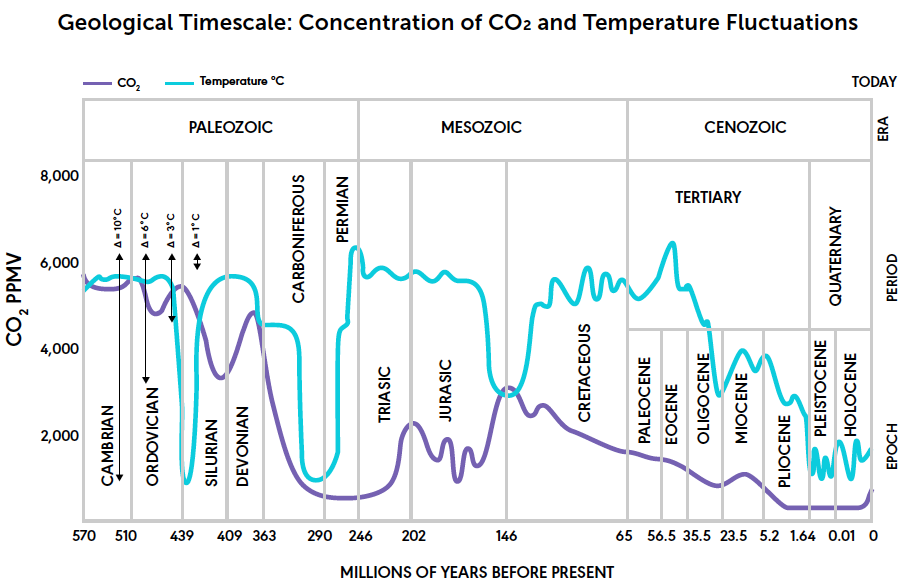
- 2: Fossil fuels actually make the planet, including climate, livable, part 1\
Contrary to rhetoric that we've "destroyed the planet," the world has never been a better place for human beings to live--after hundreds of thousands of years of being barely livable for humans.2
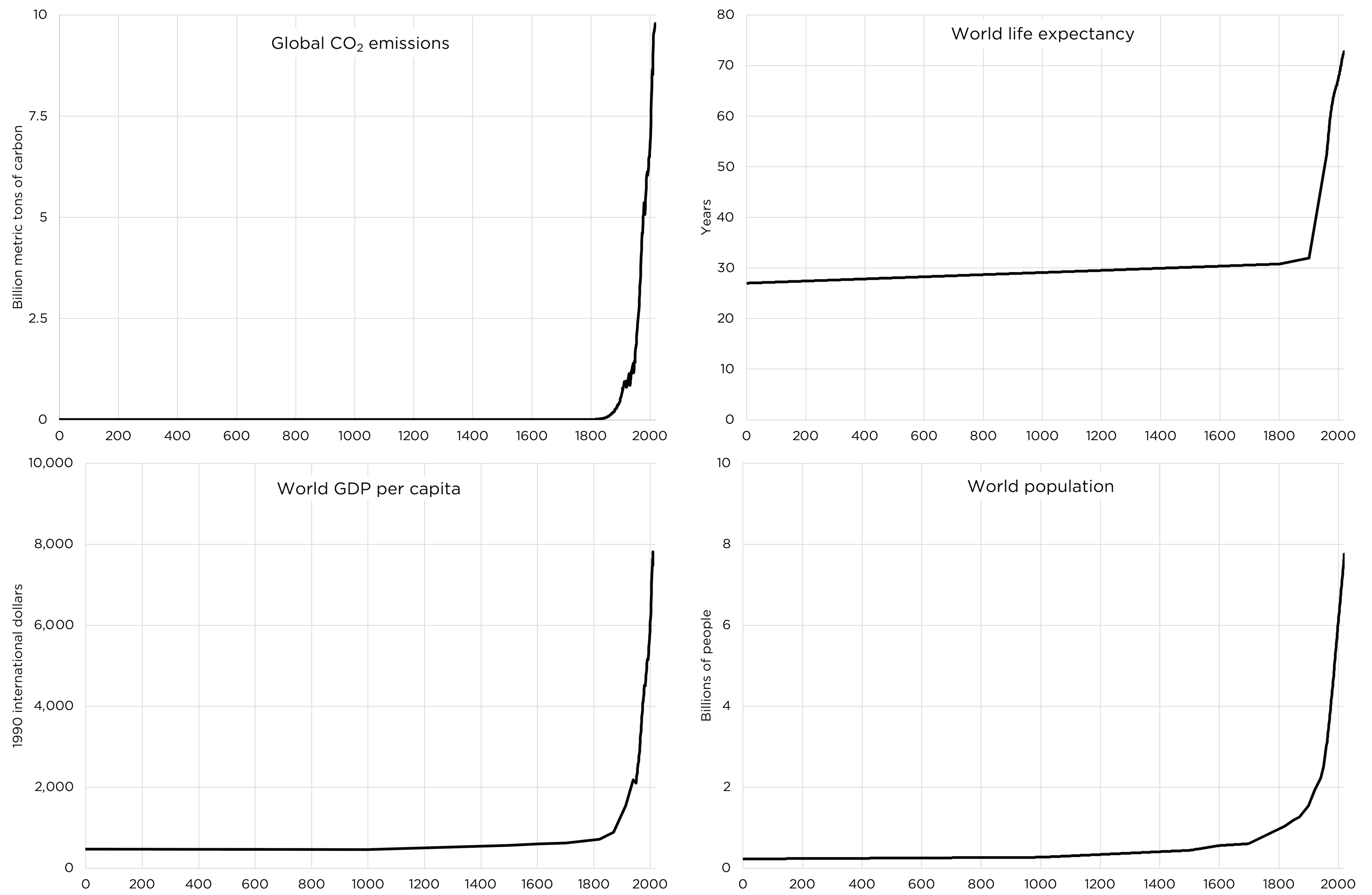
- 2: Fossil fuels actually make the planet, including climate, livable, part 2\
A root cause of today's amazingly livable world is fossil fuel. Low-cost, reliable energy from fossil fuels (80% of world energy) enables us to use machines to be productive and prosperous.3
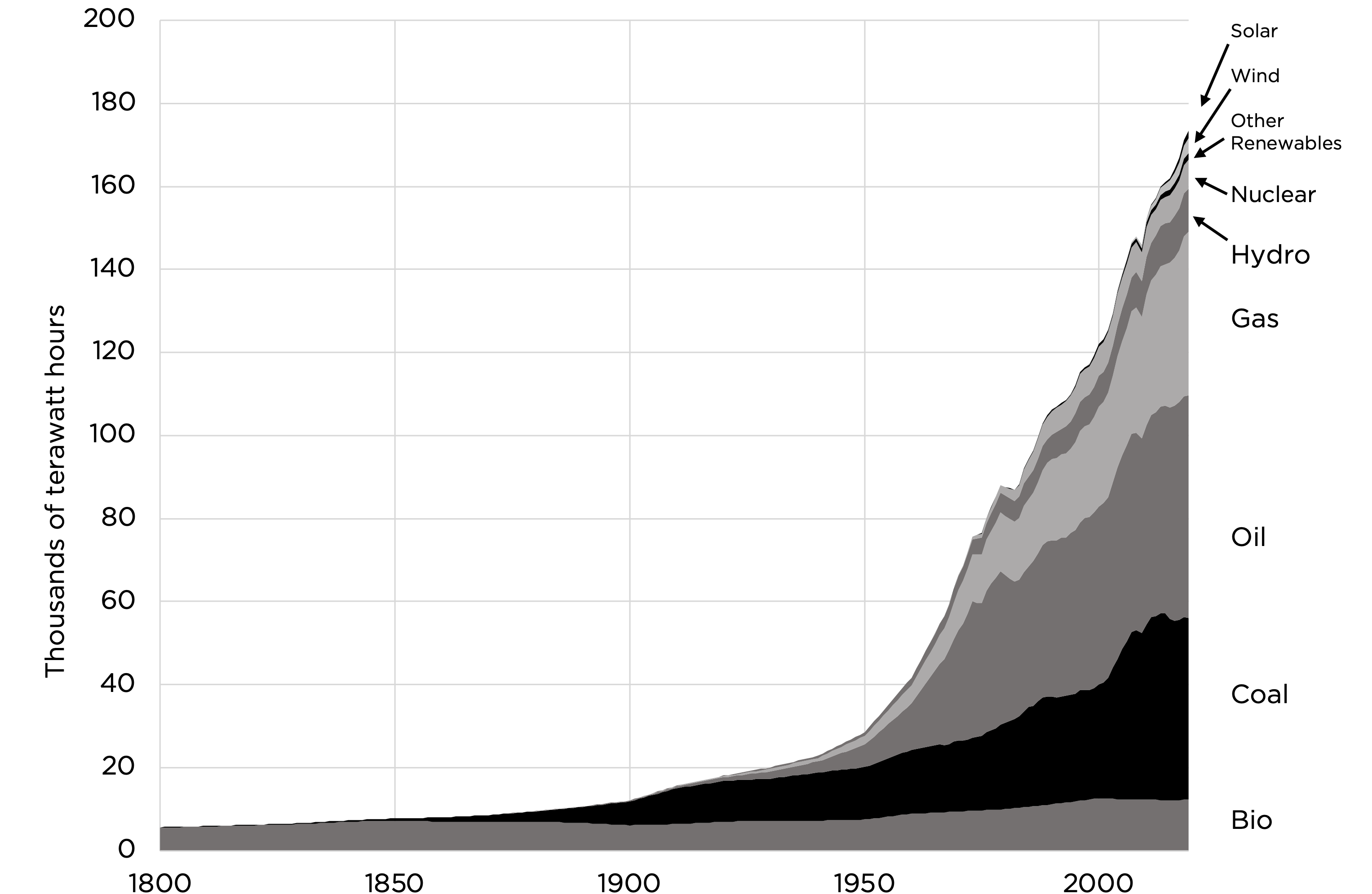
- 2: Fossil fuels actually make the planet, including climate, livable, part 3\
Fossil fuels make us far safer from climate by powering the amazing machines that protect us against the always-dangerous climate. Climate disaster deaths have decreased 98% over the last century.4
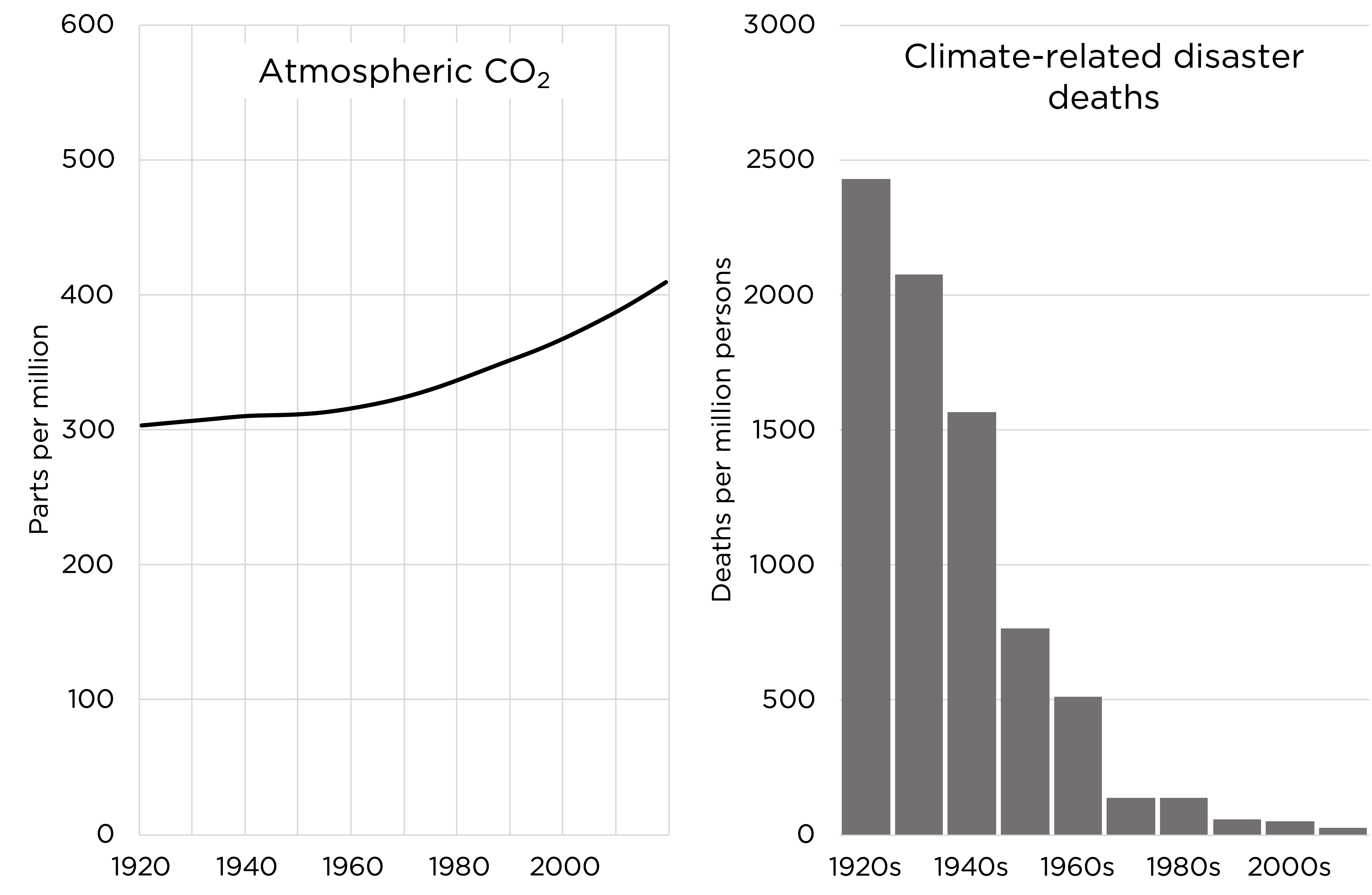
- 3: Stopping fossil fuels ("the comet") would make the Earth unlivable for billions, part 1\
Solar and wind can't come close to replacing fossil fuels.
Because solar and wind are unreliable, they don't replace reliable power plants--they add to the cost of reliable power plants.5
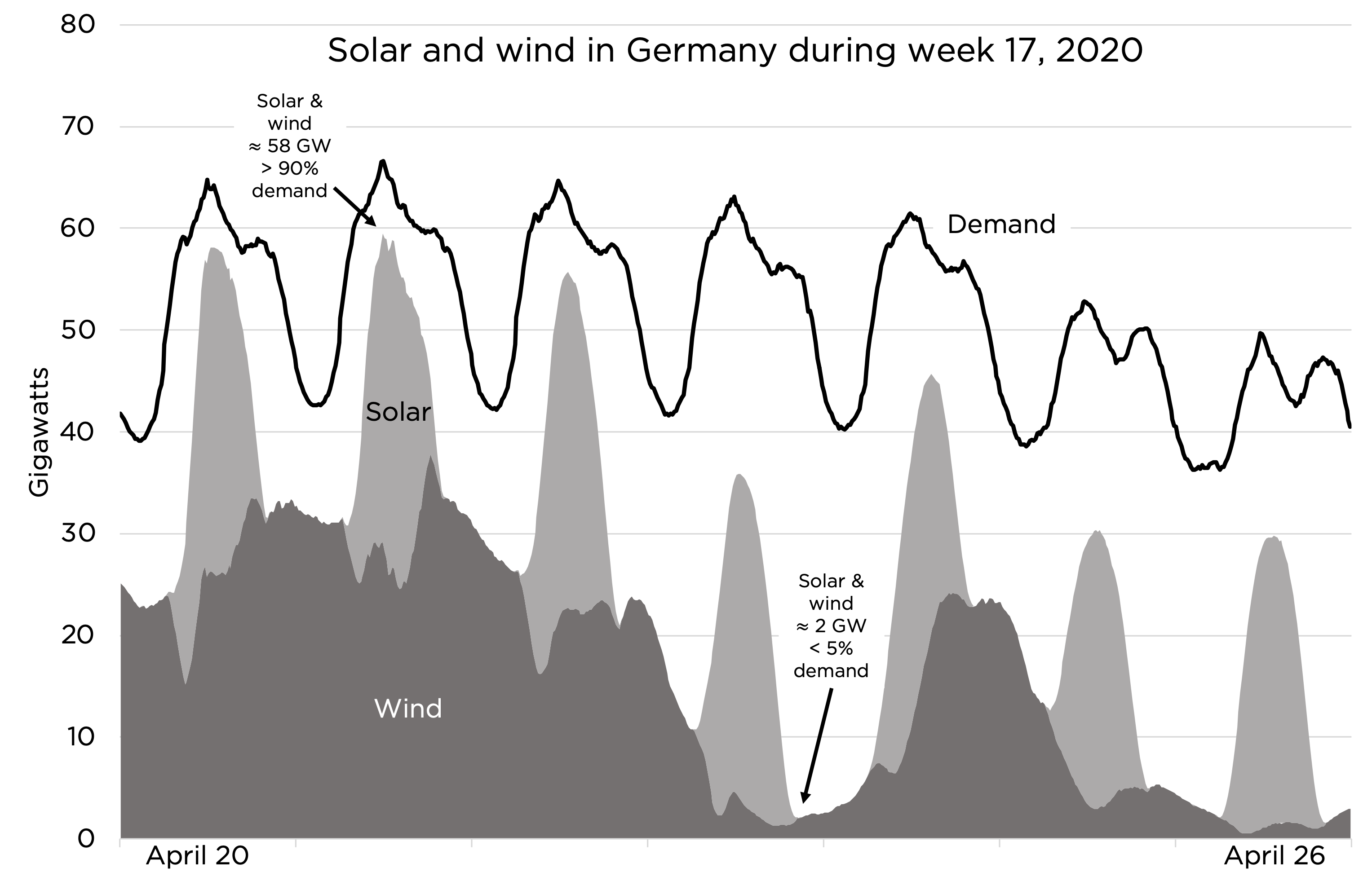
- 3: Stopping fossil fuels ("the comet") would make the Earth unlivable for billions, part 2\
Billions of people desperately need low-cost, reliable energy from fossil fuels. 3B people use less electricity than an average American refrigerator. 1/3 of the world uses wood and dung for energy.6
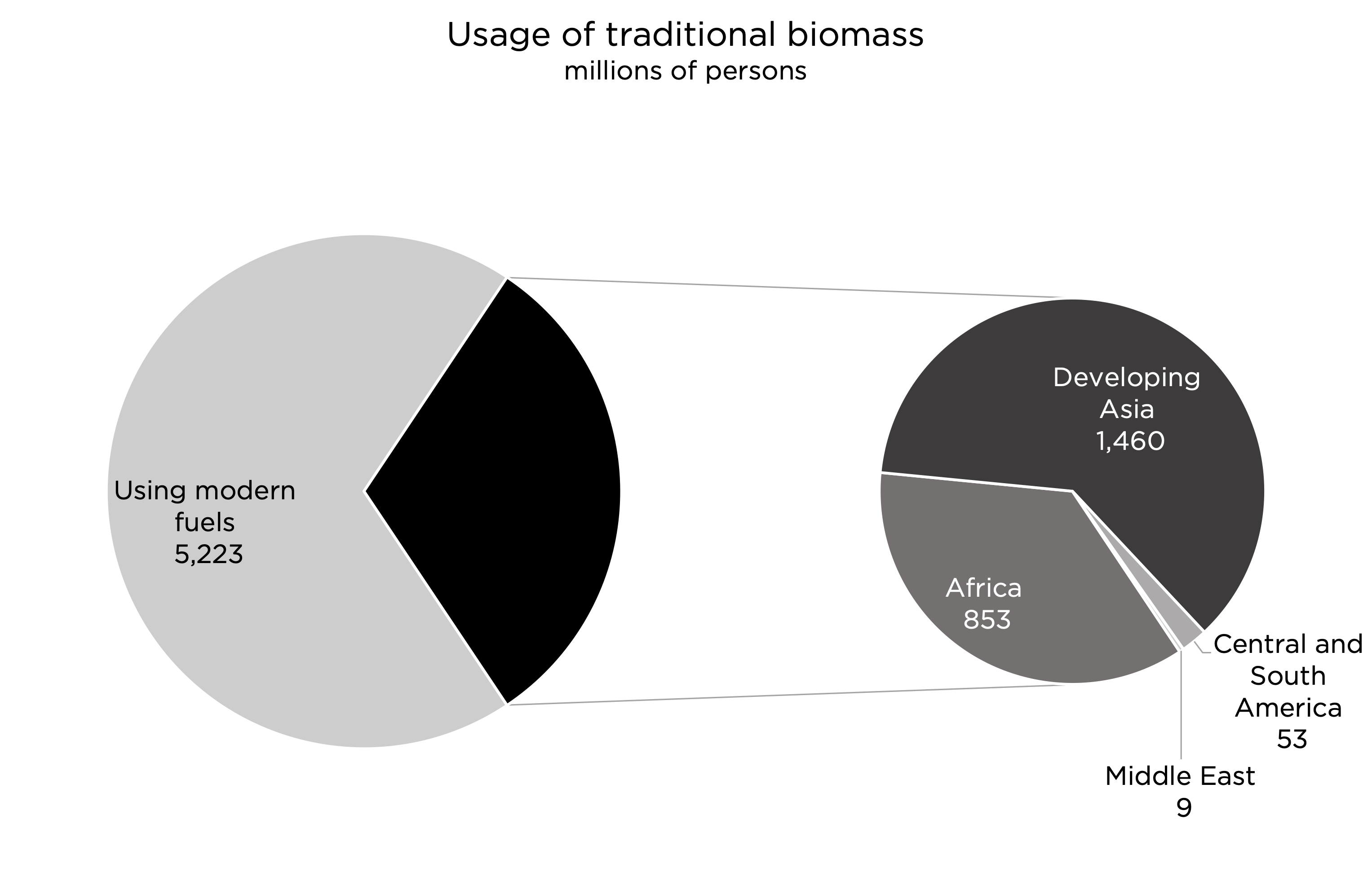
- 3: Stopping fossil fuels ("the comet") would make the Earth unlivable for billions, part 3\
If we rapidly eliminate fossil fuels as Don't Look Up's creators advocate, most of the machines that produce our food, clean water, heating, etc would stop working and our world would collapse.
-
To assess fossil fuels (or anything else) you have to carefully weigh benefits and side-effects. The benefit of fossil fuels is to make the world livable for 8 billion people. Fossil fuels aren’t the comet in Don’t Look Up, the movie's goal of rapidly eliminating them is the comet.
-
While the creators of Don’t Look Up don't know it, the movie's heroes are like today's growing army of pro-fossil fuel humanists, who point out an existential threat (the anti-fossil fuel movement) that everyone is evading despite mounting evidence (failures in CA, TX, and Europe).
-
If the creators and actors of Don’t Look Up want to save the world, they should join me in championing fossil fuels, along with the freedom necessary for truly cost-effective non-carbon alternatives to emerge. Example: we need to decriminalize reliable, non-carbon nuclear energy.
References
-
NOAA - Climate change rule of thumb: cold "things" warming faster than warm things
“The best estimate of CO2 concentration in the global atmosphere 540 million years ago is 7,000 ppm, with a wide margin of error.” Patrick Moore - THE POSITIVE IMPACT OF HUMAN CO2 EMISSIONS ON THE SURVIVAL OF LIFE ON EARTH↩
-
Gilfillan and Marland (2021) - global and national CO2 emissions from fossil fuel combustion and cement manufacture: 1751–2017↩
-
For every million people on earth, annual deaths from climate-related causes (extreme temperature, drought, flood, storms, wildfires) declined 98%--from an average of 247 per year during the 1920s to 2.5 in per year during the 2010s.
Data on disaster deaths come from EM-DAT, CRED / UCLouvain, Brussels, Belgium – www.emdat.be (D. Guha-Sapir).
Population estimates for the 1920s from the Maddison Database 2010 come from the Groningen Growth and Development Centre, Faculty of Economics and Business at University of Groningen. For years not shown population is assumed to have grown at a steady rate.
Population estimates for the 2010s come from World Bank Data.↩
-
IEA - Access to affordable, reliable, sustainable and modern energy for all
Robert Bryce - A Question of Power: Electricity and the Wealth of Nations↩
